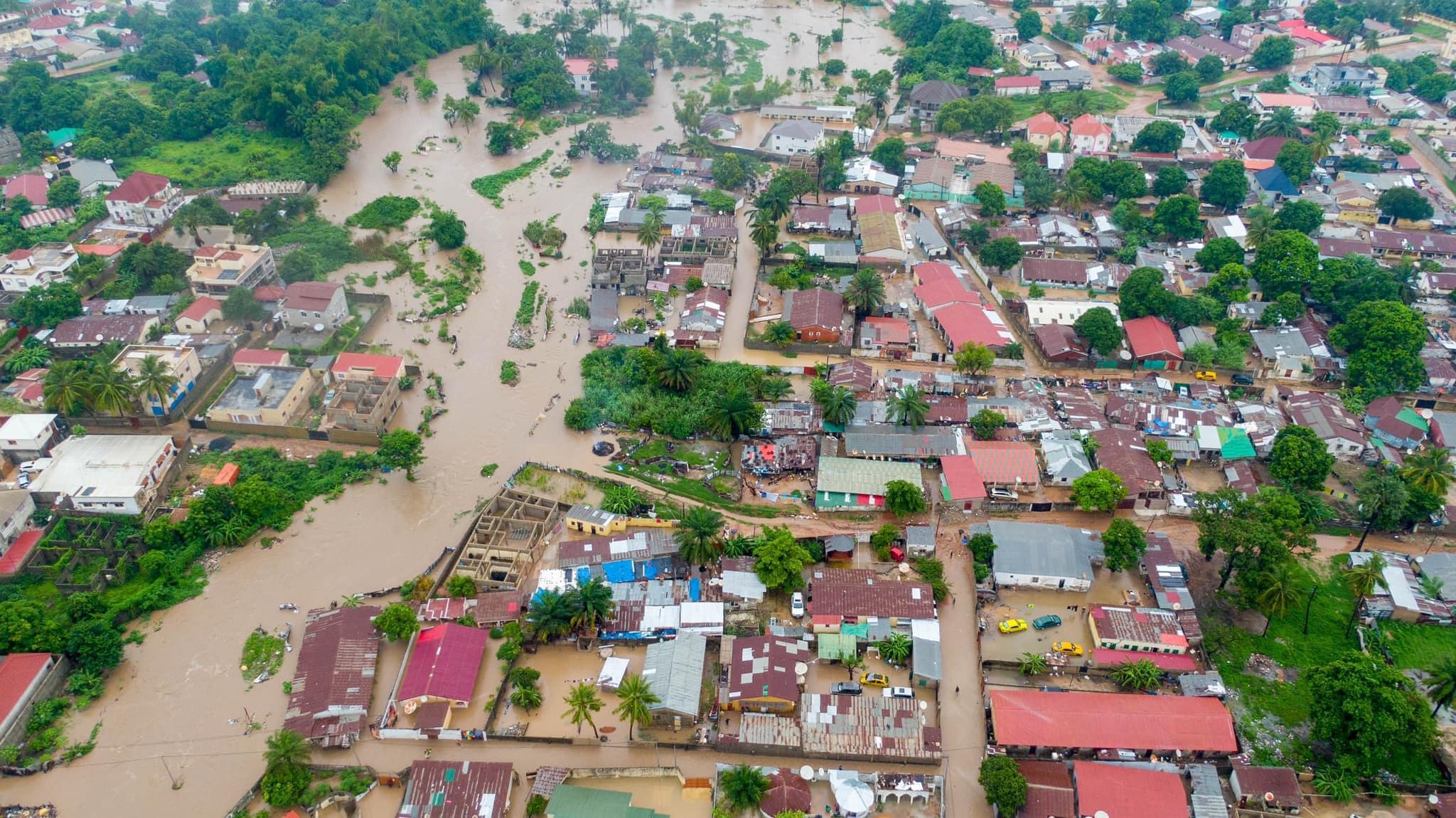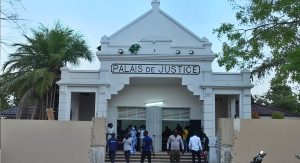Gambiaj.com – (BANJUL) – The National Disaster Management Agency (NDMA) and its partners recently finalized the updated National Disaster Management Policy and Strategy, spanning from 2024 to 2032. This marks the first revision since the policy’s inception in 2008.
The updated policy aims to prevent and mitigate disaster risks, manage residual risks, and enhance resilience, aligning with the national motto of “One People, One Goal, One Faith. The policy and strategy prioritize individuals and highlight measures that have the potential to mitigate the likelihood of both minor and major disasters caused by natural or human-induced hazards
The government has injected substantial investment, including the $45 million WACA project, to enhance community resilience and disaster risk management capabilities.
Mr. Sanna Dahaba, NDMA’s Executive Director, emphasized the policy’s role as a cornerstone for disaster management efforts, crucial for enhancing environmental sustainability and fortifying community resilience against natural and man-made crises.
Representing the Vice President of The Gambia, Mr. Ousman Ceesay, Deputy Permanent Secretary, reiterated the government’s unwavering commitment to disaster risk reduction, as demonstrated by the National Development Plan 2023-2027. He highlighted that the updated policy aligns with global frameworks such as the Sendai Framework 2015-2030 and the Africa Programme of Action for Disaster Risk Reduction.
Mr. Ebrima Jawara, Permanent Secretary of the Ministry of Environment, Climate Change, and Natural Resources, praised the policy validation as crucial for safeguarding the nation’s populace and assets. He emphasized the policy’s focus on sustainability, community engagement, and proactive governance, integrating disaster risk reduction into national planning.
Cecile Arnaud Lorillou, a Disaster Risk Management Specialist with the World Bank, highlighted ongoing support for The Gambia’s disaster management, including the WACA ResIP 2 project aimed at bolstering coastal community resilience.
Muhammed Lamin Sanyang, Project Coordinator of WACA ResIP 2, outlined the project’s goals to enhance flood resilience, socio-economic development, and environmental quality along the Kotu Stream. The project aims to improve infrastructure, reduce pollution, and enhance public health and connectivity, thereby mitigating flood risks and promoting urban development.










